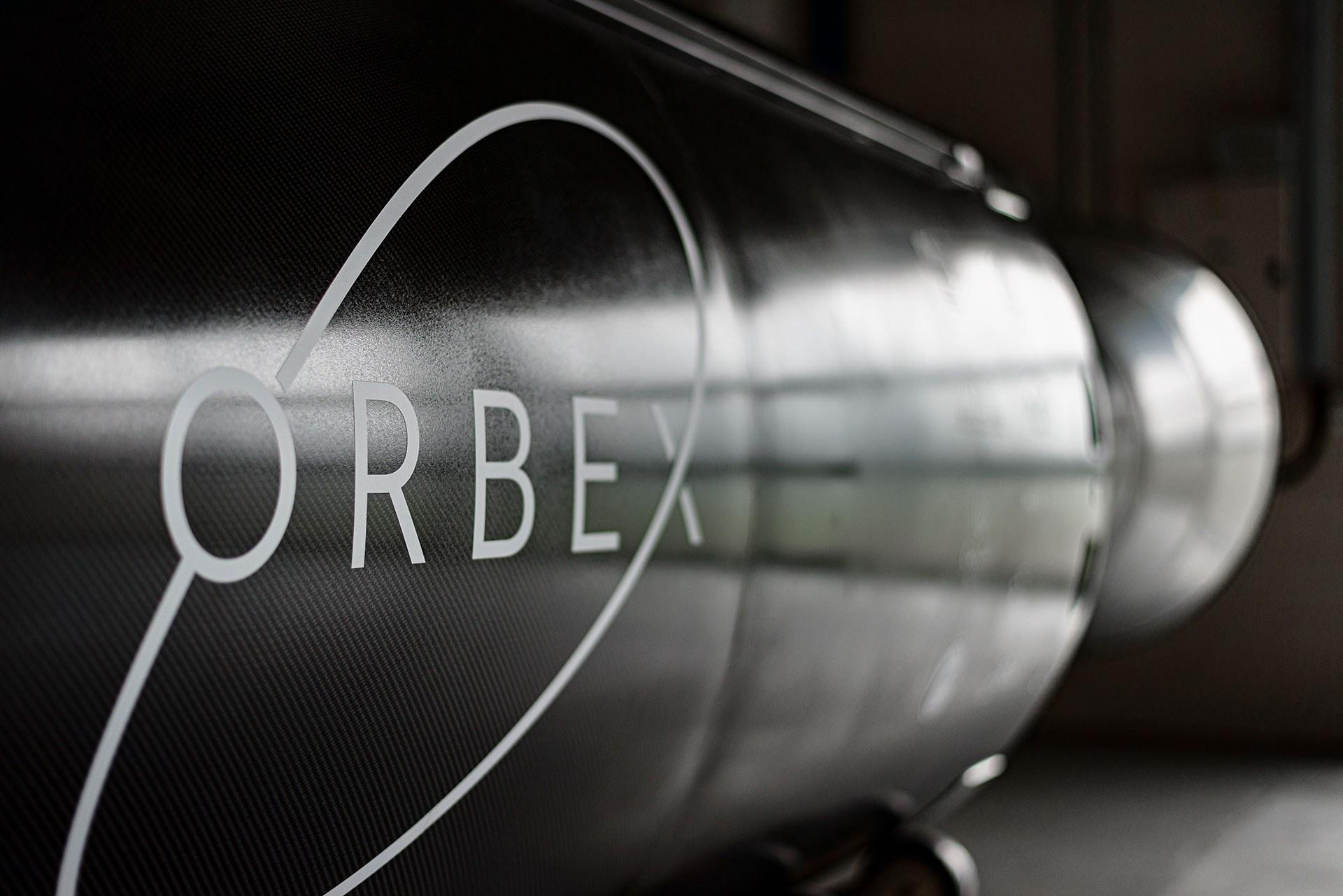Orbex Space: history of achievements
17th Dec 2020
Orbex Space’s achievements, just like space industry development in the last 20 years, show that space is no longer a government-exclusive prerogative. The number of private companies involved in the rocket and space industry continues to grow. Along with this growth, technologies are improving, which opens up new opportunities for launches and research.
As the private space sector develops, the costs of rocket and satellite manufacture, as well as the size of these devices, are decreasing significantly. Now, a private company, an organization, a research centre, and even an individual (albeit quite rich) can afford a satellite in orbit.
With the growing demand for satellite launches, the market needs cost-effective, lightweight launch vehicles in order to place small satellites into orbits quickly and inexpensively. This encourages businesses to explore a promising and profitable launch services industry and create companies that offer turnkey launch services. We will tell you about one of the most promising private aerospace startups: Orbex Space.
Orbex Space Achievements in the Last 5 Years
Orbex (short for Orbital Express Launch Ltd) was founded in 2015 in Copenhagen, Denmark. Originally, it was called Moonspike and aimed to raise funds for a private spacecraft mission to the moon. However, in the first year of its existence, the company managed to collect just over 10% of the required £600,000. So, it decided to rebrand and change business model. This is how the Orbex Space startup was born, offering commercial launch services of CubeSats, nano-satellites, and microsatellites into polar and sun-synchronous Earth orbits.
In 2016, the company opened an office in Denmark and in 2017, it conducted the first successful tests of its own rocket engine, which attracted the UK Space Agency’s attention and got Orbex the National Space Technology Avionics Award.
Here, one should note that Great Britain ranks 6th in the list of world space power countries after the USA, China, Russia, Japan, India, and Iran. Recently, it has been particularly active in supporting the space sector. Thanks to this support, Orbex received £30 million in funding to develop its next-generation Prime light rocket by July 2018. In addition to UKSA, the startup received investments from two European venture funds, Sunstone Technology Ventures and HighTech Gründerfonds, the European Space Agency (ESA), and a number of private investors.
The UKSA believed in Orbex as a rocket developer and granted it an advance launch site at one of the first British spaceports, Sutherland Space Hub. Later in 2018, the company signed a cooperation agreement with a European space engineering giant, Elecnor Deimos Space.
Ascending Path
2019 was the most eventful year for the company. Gradually gaining speed for four years, Orbex Space literally burst into 2019.
What did Orbex achieve in these 12 months?
- Launched a Prime component manufacturing plant in Forres, Scotland.
- Introduced the largest rocket engine ever produced using 3D printing technology. This engine is powered by an environmentally friendly renewable fuel with low carbon emissions.
- Signed cooperation agreements with several customers; in particular, with British satellite manufacturer SSTL and satellite operator Astrocast.
- Signed a long-term contract with the ESA.
- Carried out field tests of its Prime engine.
- Agreed on a launch pad plan at the upcoming Sutherland Space Hub.
Orbex Space’s journey in the space industry is just starting. The Covid-19 pandemic has messed up plans for the close-knit Orbex team and thrown Prime’s first commercial launch, scheduled for 2021, into question. However, Orbex Space’s past endeavours clearly proves that this team is not afraid of a challenge because all troubles come to an end, and only space is truly endless.






Thank you for your comment! It will be visible on the site after moderation.